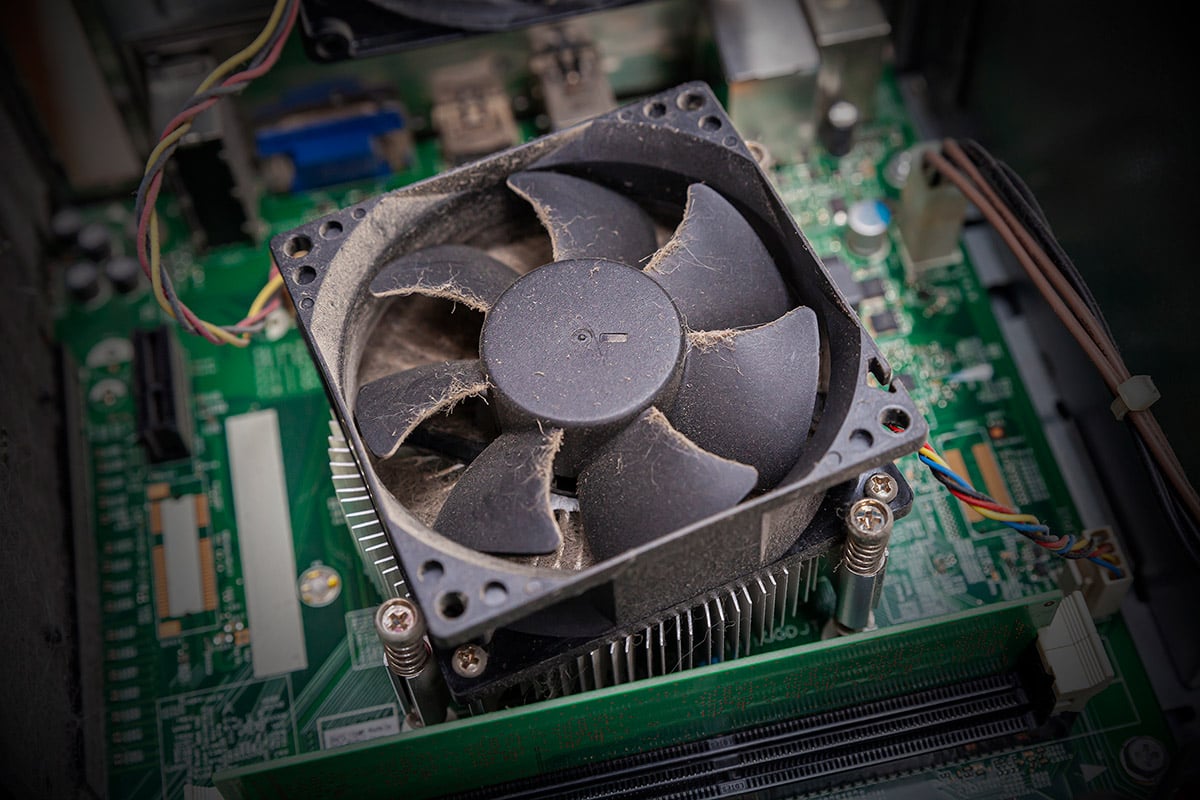

Articles
How To Stop Laptop Fan Noise
Modified: April 23, 2024
Discover effective techniques and solutions to silence your laptop's fan noise with our informative articles.
(Many of the links in this article redirect to a specific reviewed product. Your purchase of these products through affiliate links helps to generate commission for Storables.com, at no extra cost. Learn more)
Introduction
Laptop fan noise can be a frustrating and distracting issue that many laptop users encounter. The constant whirring and buzzing sound coming from the fan can disrupt your work or entertainment experience. However, it’s important to address this problem as excessive fan noise can indicate potential overheating issues and can even lead to hardware damage.
In this article, we will explore the causes of laptop fan noise and provide you with effective solutions to stop it. Whether you are a student, professional, or casual user, these tips will help you regain the peace and quiet you need for optimal laptop usage.
So, let’s dive in and discover how you can reclaim a silent and efficient laptop experience!
Key Takeaways:
- Addressing laptop fan noise is crucial for preventing overheating, improving performance, extending lifespan, enhancing user experience, and preserving battery life. Implementing effective solutions can create a quieter and more efficient laptop environment.
- Cleaning the fan, adjusting power settings, updating drivers, using cooling pads, limiting background processes, checking for malware, and monitoring CPU temperature are essential steps to reduce fan noise and ensure optimal laptop usage.
Read more: How To Reduce Projector Fan Noise
Importance of Dealing with Laptop Fan Noise
Dealing with laptop fan noise is not just about restoring tranquility to your workspace; it also has important implications for the performance and longevity of your device. Here are a few reasons why it is crucial to address laptop fan noise:
- Prevents Overheating: Laptop fans are designed to cool down the internal components by dissipating heat. Excessive fan noise may indicate that the cooling system is struggling to keep up with the device’s heat production. If not addressed, this can lead to overheating, which can cause irreversible damage to the CPU and other hardware components.
- Improves Performance: When a laptop’s cooling system is compromised, the CPU temperature rises, triggering thermal throttling. This is a built-in mechanism that slows down the processor to prevent overheating. As a result, your laptop’s performance may suffer, causing lag, decreased response times, and reduced overall efficiency.
- Extends Lifespan: By taking care of your laptop’s cooling system and addressing fan noise issues promptly, you can significantly increase the lifespan of your device. The longer your laptop runs at optimal temperature levels, the less strain it puts on the internal components, ultimately leading to a longer-lasting and more reliable laptop.
- Enhances User Experience: Laptop fan noise can be distracting and annoying, especially when you need a quiet environment for work, study, or entertainment. By eliminating or reducing fan noise, you can create a more pleasant and focused user experience, allowing you to concentrate on your tasks without unnecessary disturbances.
- Preserves Battery Life: Overheating not only affects the performance of your laptop but also has an impact on its battery life. Excessive heat can cause the battery to degrade faster, leading to reduced capacity and shorter battery lifespan. By managing fan noise and maintaining optimal operating temperatures, you can help preserve your laptop’s battery life.
Now that we understand the importance of dealing with laptop fan noise, let’s explore the common causes of this issue and how to address them effectively.
Causes of Laptop Fan Noise
Laptop fan noise can stem from various factors, and identifying the root cause is essential in order to implement the appropriate solution. Here are some common causes of laptop fan noise:
- Dust and Dirt Buildup: Over time, dust, dirt, and other debris can accumulate on the laptop’s cooling system, including the fan and its vents. This buildup restricts the airflow and causes the fan to work harder, resulting in increased noise levels.
- High CPU Usage: When your laptop’s CPU is under heavy load, such as running resource-intensive applications or multiple processes simultaneously, it generates more heat. As a result, the fan kicks into high gear to ensure the CPU stays within safe temperature limits, resulting in increased fan noise.
- Outdated or Faulty Drivers: Outdated or malfunctioning drivers can disrupt the communication between the operating system and the hardware components, including the fan. This can lead to irregular fan behavior, such as constant running at high speeds or inconsistent speed fluctuations, causing excessive noise.
- Inefficient Power Settings: In some cases, laptops may have power settings configured in a way that keeps the CPU running at high performance even when it is not necessary. This constant high CPU usage triggers the fan to operate at maximum speed, generating excessive noise.
- Insufficient Cooling: Laptops with inadequate cooling systems may struggle to effectively dissipate the heat generated by the CPU. As a result, the fan needs to work harder and spin faster to maintain acceptable temperature levels, leading to increased noise.
- Malware or Background Processes: Malicious software or background processes consuming excessive system resources can cause the CPU to work harder, resulting in increased heat generation. This prompts the fan to run at higher speeds, producing more noise in the process.
Now that we have identified the common causes of laptop fan noise, it’s time to explore the solutions and techniques to effectively address this issue. In the following sections, we will discuss step-by-step instructions on how to stop laptop fan noise and restore the tranquility of your computing experience.
Cleaning the Laptop Fan
One of the most common causes of laptop fan noise is the accumulation of dust and dirt on the fan and its vents. Over time, this buildup restricts airflow, causing the fan to work harder and generate more noise. Cleaning the laptop fan can greatly reduce fan noise and prevent overheating. Here’s how to clean the laptop fan:
- Power Off and Unplug: Before cleaning the fan, make sure to power off your laptop and unplug it from the power source. This is important to prevent any electrical accidents or damage to the laptop.
- Locate the Fan: The laptop’s fan is usually located on the bottom or side of the laptop. Refer to the laptop’s user manual or manufacturer’s website to identify the exact location of the fan.
- Remove the Dust Covers: Some laptops have removable dust covers over the fan vents. If your laptop has them, gently remove the covers. If not, proceed to the next step.
- Use Compressed Air: With the fan exposed, use a can of compressed air to blow out the dust and debris. Hold the can upright and use short bursts of air to avoid damaging the fan. Focus on the fan blades, as well as the vents around it.
- Clean the Surrounding Area: Use a soft brush or a clean, lint-free cloth to wipe away any remaining dust around the fan and vents. Take care not to apply too much pressure and avoid using liquids as they can damage the laptop.
- Reassemble and Test: Once the fan and surrounding area are clean, carefully reassemble any dust covers that were removed. Plug in your laptop and power it on to see if the fan noise has reduced. Monitor the temperature and performance to ensure proper cooling.
It is recommended to clean the laptop fan regularly, depending on your usage and environment. Keeping the fan clean can significantly improve its efficiency and reduce fan noise, allowing for smoother and quieter operation.
Now that we have tackled the issue of dust buildup, let’s move on to adjusting power settings to reduce laptop fan noise.
Adjusting Power Settings
Adjusting power settings on your laptop can help reduce the fan noise by optimizing the CPU usage and preventing unnecessary heat generation. Here’s how to adjust power settings to minimize laptop fan noise:
- Open Power Options: Go to the Control Panel on your laptop and search for “Power Options.” Click on it to open the Power Options settings.
- Select a Balanced or Power Saver Plan: Depending on your preferences and usage, choose either the Balanced or Power Saver power plan. These plans prioritize energy efficiency and lower CPU performance, reducing heat generation and fan usage.
- Modify Advanced Power Settings: Within the selected power plan, click on “Change plan settings” and then “Change advanced power settings.” This will allow you to modify specific power settings to further optimize CPU performance and reduce heat generation.
- Adjust Processor Power Management: Expand the “Processor Power Management” section and modify the settings to lower the CPU performance. You can decrease the maximum processor state to around 80% or 90% to limit the CPU’s maximum speed and reduce heat generation.
- Set Cooling Policy: Look for the “System Cooling Policy” setting and ensure that it is set to “Passive.” This setting allows the laptop to remain quieter by prioritizing passive cooling methods over active fan usage.
- Save Changes: Once you have made the desired adjustments, click “Apply” and then “OK” to save the changes to the power settings.
By adjusting the power settings on your laptop, you can strike a balance between performance and heat generation, ultimately reducing the workload on the fan and minimizing fan noise. It’s important to note that adjusting power settings may slightly impact the performance of your laptop, so consider your specific needs and requirements before making any drastic changes.
Next, we will discuss the importance of updating drivers to address laptop fan noise effectively.
Read more: How To Turn Laptop Fan Off
Updating Drivers
Outdated or faulty drivers can lead to irregular fan behavior and increased fan noise. Updating your drivers can not only resolve these issues but also improve the overall performance and stability of your laptop. Here’s how you can update drivers to address laptop fan noise:
- Identify the Drivers: Determine which drivers are associated with the cooling system and fan operation. These drivers may include the chipset driver, BIOS driver, and the graphics driver. Refer to your laptop manufacturer’s website or documentation for specific details.
- Visit the Manufacturer’s Website: Visit the website of your laptop manufacturer and navigate to the support or downloads section. Search for the latest drivers for your specific laptop model. Make sure to download the drivers from official and trusted sources.
- Install the Latest Drivers: Once you have downloaded the updated drivers, run the installation files and follow the on-screen instructions to install them on your laptop. It is recommended to install one driver at a time to avoid any conflicts or issues.
- Restart Your Laptop: After installing the drivers, restart your laptop to ensure that the changes take effect. Restarting will also help in refreshing the device’s settings and resolving any conflicts.
- Check for Automatic Driver Updates: Some laptops have built-in software or utilities that can automatically check for and update the drivers. Check if your laptop has this feature and enable it to ensure that your drivers stay up to date automatically.
By keeping your drivers updated, you can ensure that the cooling system, including the fan, functions properly and reduces unnecessary noise. Regularly checking for and installing driver updates is a good practice to maintain optimal laptop performance and minimize fan noise.
Now, let’s explore the use of cooling pads to help reduce laptop fan noise and manage temperature levels.
Make sure your laptop is placed on a flat, hard surface to allow proper airflow and prevent the fan from working overtime. Regularly clean the fan and vents to remove dust and debris.
Using Cooling Pads
Cooling pads are a popular accessory that can help reduce laptop fan noise and improve overall cooling efficiency. These pads are designed to provide additional airflow and circulation around your laptop, keeping it cool and reducing the workload on the internal fans. Here’s how you can effectively use cooling pads:
- Select a Suitable Cooling Pad: Choose a cooling pad that is compatible with the size and design of your laptop. Look for features such as multiple fans, adjustable fan speeds, and ergonomic design to ensure optimal cooling performance.
- Place the Cooling Pad: Position the cooling pad on a flat surface that allows proper ventilation. Place your laptop on top of the cooling pad, aligning it with the fans on the pad. Make sure the ventilation ports on your laptop are not blocked by the cooling pad.
- Connect and Power On: Connect the cooling pad to your laptop using the provided USB cable. Some cooling pads have additional power options, such as external power adapters. Follow the manufacturer’s instructions to power on the cooling pad.
- Adjust Fan Speed: If your cooling pad has adjustable fan speeds, experiment with different settings to find the optimal balance between cooling performance and fan noise. Lower fan speeds can help reduce noise, but higher speeds provide better cooling.
- Manage Cable Placement: Arrange the cables from the cooling pad neatly to prevent them from interfering with your workspace or laptop usage. Consider using cable organizers or clips to keep the cables organized and minimize clutter.
- Regular Maintenance: Cleaning the cooling pad regularly is important to ensure optimal airflow. Follow the manufacturer’s instructions on how to clean and maintain the cooling pad to keep it free from dust and debris. A clean cooling pad will provide better cooling performance and reduce fan noise.
Cooling pads can significantly help in reducing laptop fan noise by providing extra airflow and dissipating heat effectively. They are especially useful for gaming laptops or laptops with high-performance components that tend to generate more heat. Consider investing in a good quality cooling pad to enhance the cooling performance of your laptop and minimize fan noise.
Next, we will discuss how limiting background processes can help reduce laptop fan noise and improve overall performance.
Limiting Background Processes
Background processes running on your laptop can contribute to increased CPU usage, which in turn leads to higher heat generation and fan noise. By limiting these processes, you can reduce the workload on the CPU and minimize fan noise. Here’s how you can effectively limit background processes:
- Identify Resource-Heavy Processes: Open the Task Manager on your laptop by pressing Ctrl + Shift + Esc or right-clicking on the taskbar and selecting “Task Manager.” Switch to the “Processes” or “Details” tab and identify processes that are consuming a significant amount of CPU resources.
- Close Unnecessary Applications: Close any unnecessary applications or programs that are running in the background and consuming CPU resources. Look for programs that you are not actively using and end their processes to free up system resources.
- Disable Startup Programs: Some applications automatically launch at startup and continue running in the background, utilizing CPU resources. Disable or remove unnecessary startup programs to reduce the number of background processes running on your laptop.
- Modify System Settings: Access the system settings of your laptop and disable any unnecessary features or services that may be running in the background. Look for options related to automatic updates, notifications, and background activities, and disable or adjust them as needed.
- Optimize Browser Tabs and Extensions: If you use web browsers frequently, ensure that you minimize the number of open tabs and limit the number of extensions running simultaneously. These can consume CPU resources and contribute to increased heat generation and fan noise.
- Use Task Scheduler: Utilize the built-in Task Scheduler on your laptop to schedule resource-intensive tasks, such as updates or system scans, during times when your laptop usage is minimal. This ensures that these tasks do not coincide with your regular work or activities.
By limiting background processes, you can reduce the CPU workload, minimize heat generation, and ultimately lower fan noise. It’s important to strike a balance between necessary background processes and those that can be disabled or optimized to ensure smooth performance and quieter operation of your laptop.
Now, let’s explore the potential impact of malware on fan noise and how to address it effectively.
Checking for Malware
Malware infections can negatively impact the performance of your laptop, leading to increased CPU usage, heat generation, and consequently, fan noise. By checking for and removing malware from your system, you can improve performance, reduce heat, and minimize fan noise. Here’s how you can effectively check for malware:
- Use Reliable Antivirus Software: Install a reputable antivirus software on your laptop and ensure it is up to date. Perform a full system scan to identify and remove any malware or malicious programs on your laptop.
- Malware Removal Tools: In addition to antivirus software, consider using specialized malware removal tools such as Malwarebytes or HitmanPro. These tools can detect and remove malware that may have been missed by your antivirus software.
- Keep Software Updated: Ensure that both your operating system and applications are up to date with the latest security patches. Outdated software can be more vulnerable to malware attacks, which can impact the performance of your laptop.
- Avoid Suspicious Websites and Downloads: Be cautious when browsing the internet and downloading files. Visiting suspicious or malicious websites, and downloading files from untrustworthy sources can increase the risk of malware infections.
- Enable Firewall Protection: Enable the built-in firewall on your laptop to add an extra layer of protection against potential network-based malware attacks. The firewall helps block unauthorized access and can prevent malware from entering your system.
- Regular Scans and Updates: Make it a habit to regularly scan your laptop for malware, ideally on a weekly basis. Keep your antivirus software and malware removal tools updated to ensure they are capable of detecting the latest threats.
By regularly checking for malware and removing any infections, you can improve the performance of your laptop, reduce CPU usage, and diminish fan noise. Remember to practice safe browsing habits and stay vigilant to avoid potential malware infections in the future.
Now that we have addressed potential malware issues, let’s dive into monitoring and controlling CPU temperature to minimize fan noise effectively.
Read more: How To Clean My Laptop Fan
Monitoring and Controlling CPU Temperature
Monitoring and controlling the CPU temperature is crucial in managing laptop fan noise and preventing overheating. By understanding the temperature levels and implementing measures to keep them in check, you can reduce fan noise and ensure optimal laptop performance. Here’s how you can effectively monitor and control CPU temperature:
- Use Temperature Monitoring Software: There are various temperature monitoring applications available that can provide real-time information about the CPU temperature. Examples include HWMonitor, SpeedFan, and Core Temp. Install a reliable monitoring tool that is compatible with your laptop’s hardware.
- Observe Temperature Levels: Keep an eye on the CPU temperature readings provided by the monitoring software. Ideal temperature ranges can vary depending on the CPU model, but as a general guideline, try to keep the temperatures below 80°C (176°F) during normal usage and below 90°C (194°F) under heavy load.
- Ensure Proper Ventilation: Make sure that the laptop’s ventilation ports are not blocked by any objects or obstructed by dust buildup. Use your laptop on a hard, flat surface that allows a free flow of air and prevents heat from accumulating underneath.
- Elevate Your Laptop: Using a laptop stand or placing your laptop on a cooling pad can help improve airflow and ventilation, aiding in the cooling process and reducing heat buildup.
- Apply Thermal Paste: Over time, the thermal paste between the CPU and the heat sink may become less effective, leading to compromised heat transfer. Applying a fresh layer of thermal paste can help improve heat dissipation and lower CPU temperatures.
- Avoid Overclocking: Overclocking the CPU increases its performance but also generates more heat. If fan noise is a concern, refrain from overclocking and ensure that your CPU is running at its default clock speeds.
- Limit Resource-Intensive Tasks: Avoid running multiple demanding applications simultaneously or tasks that put a significant load on the CPU for an extended period. Minimizing the workload on the CPU reduces heat generation and subsequently decreases fan noise.
- Consider Undervolting: Undervolting, when done properly, can reduce the voltage supplied to the CPU, resulting in lower heat generation and potentially quieter fan operation. However, this method requires advanced knowledge and caution to avoid stability issues.
Monitoring and controlling CPU temperature is essential for maintaining optimal laptop performance and reducing fan noise. By keeping a close eye on the temperature levels, ensuring proper ventilation, and implementing suitable measures, you can effectively manage CPU temperature and minimize fan noise for a quieter and more efficient laptop experience.
Now that we’ve covered various solutions to address laptop fan noise, let’s conclude our discussion.
Conclusion
Laptop fan noise can be a nuisance, disrupting your work or entertainment experience and indicating potential overheating issues. However, by implementing the solutions discussed in this article, you can effectively reduce fan noise and create a quieter and more efficient laptop environment.
We started by emphasizing the importance of dealing with laptop fan noise, highlighting its impact on performance, lifespan, user experience, and battery life. We then explored the common causes of fan noise, including dust buildup, high CPU usage, outdated drivers, inefficient power settings, insufficient cooling, and malware or background processes.
To address the issue, we discussed various effective solutions. Cleaning the laptop fan helps remove dust and debris that restrict airflow and cause excessive noise. Adjusting power settings optimizes CPU usage and reduces heat generation. Updating drivers ensures smooth communication between the operating system and hardware components. Using cooling pads enhances airflow and dissipates heat efficiently. Limiting background processes reduces CPU workload and heat generation.
We also covered the importance of checking for malware, as infections can lead to increased CPU usage and fan noise. Lastly, monitoring and controlling CPU temperature are vital for managing fan noise and preventing overheating.
By implementing these solutions, you can improve the performance, lifespan, and user experience of your laptop while reducing fan noise. Remember to practice regular maintenance, keep your system updated, and adopt safe computing habits to prevent future issues.
With a quieter and more efficient laptop, you can focus on your tasks, enjoy your entertainment, and work in a peaceful environment without the distraction of fan noise. So, take the necessary steps outlined in this article and reclaim the tranquility you need for optimal laptop usage.
Frequently Asked Questions about How To Stop Laptop Fan Noise
Was this page helpful?
At Storables.com, we guarantee accurate and reliable information. Our content, validated by Expert Board Contributors, is crafted following stringent Editorial Policies. We're committed to providing you with well-researched, expert-backed insights for all your informational needs.
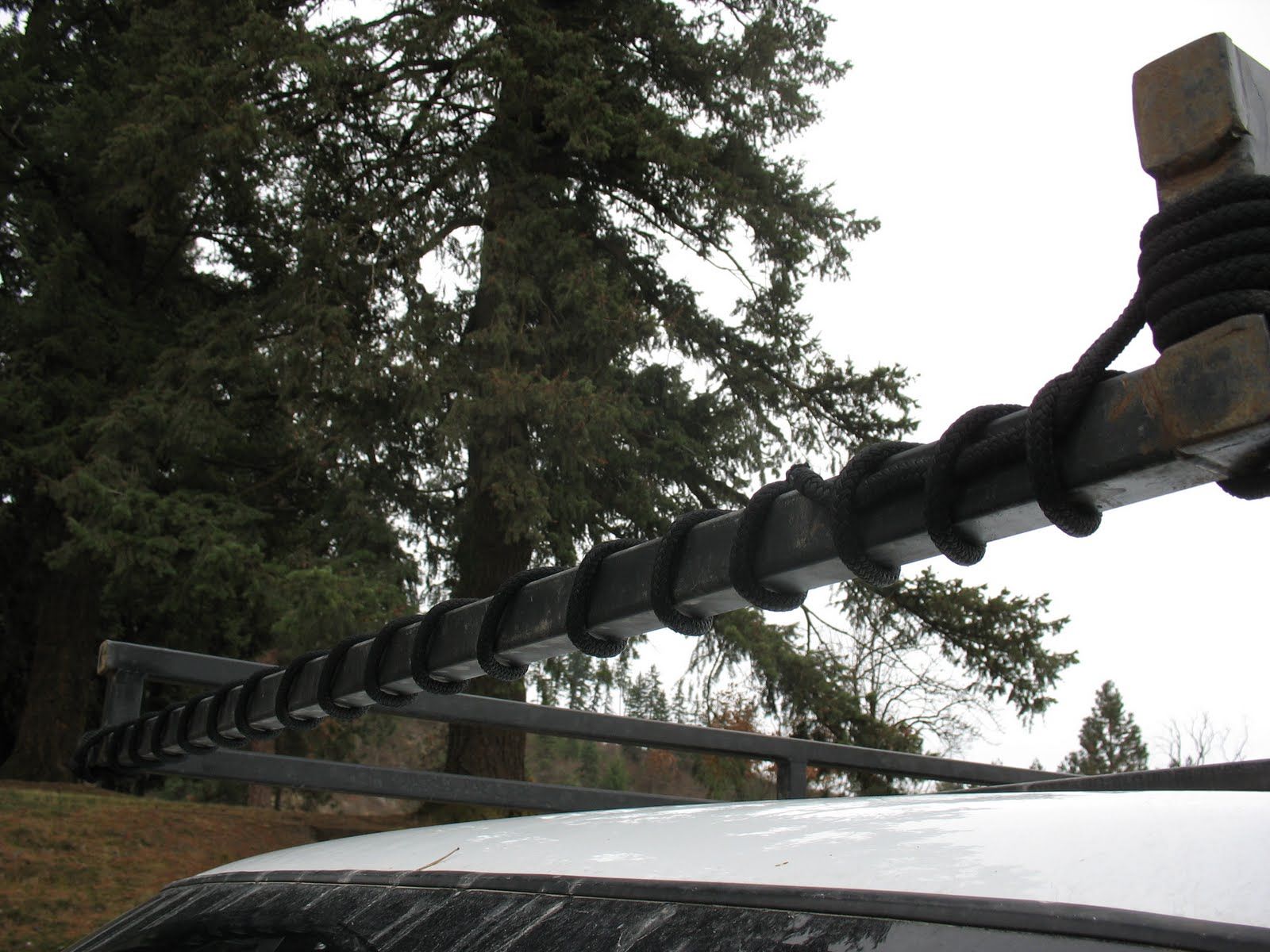
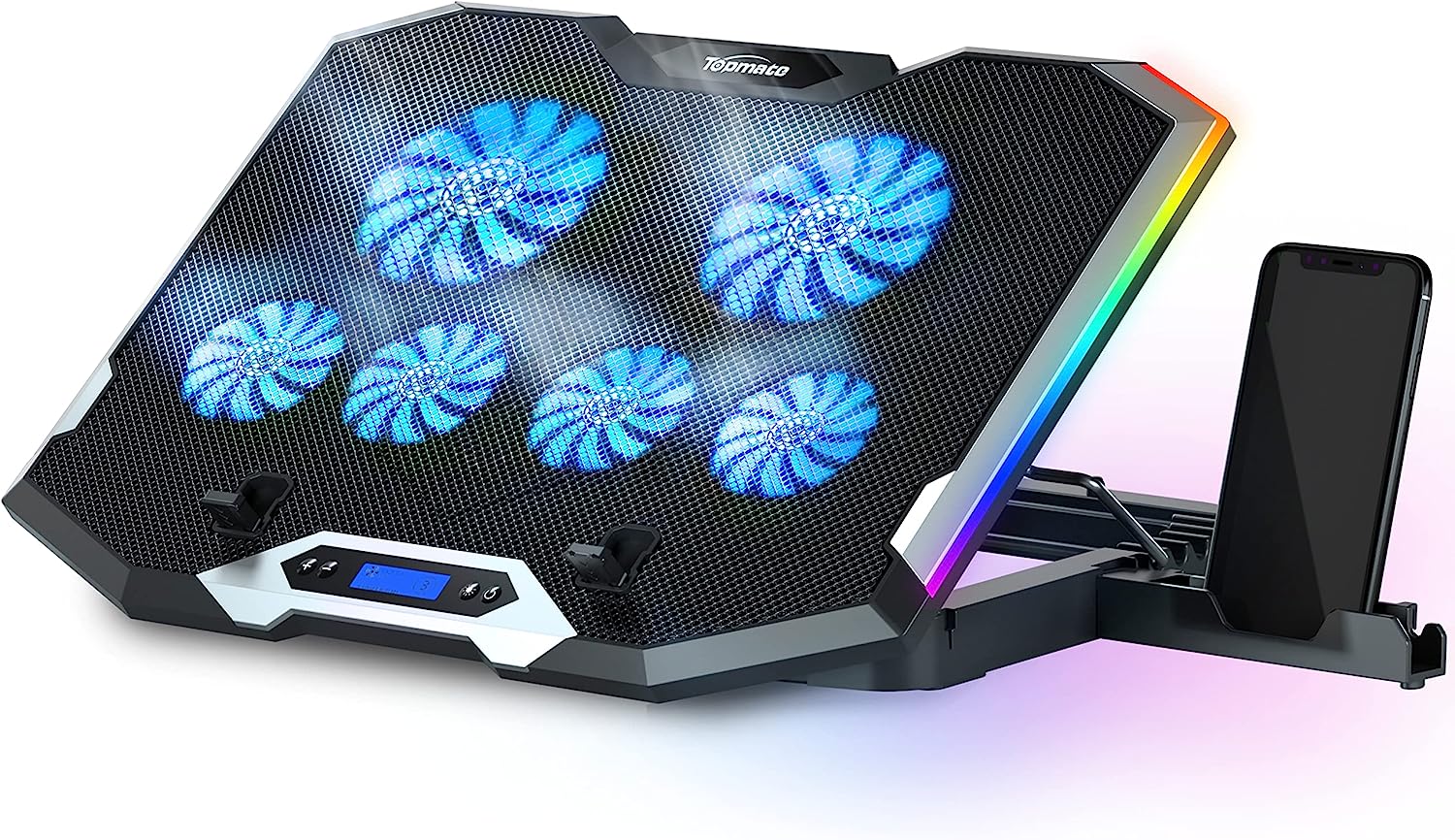
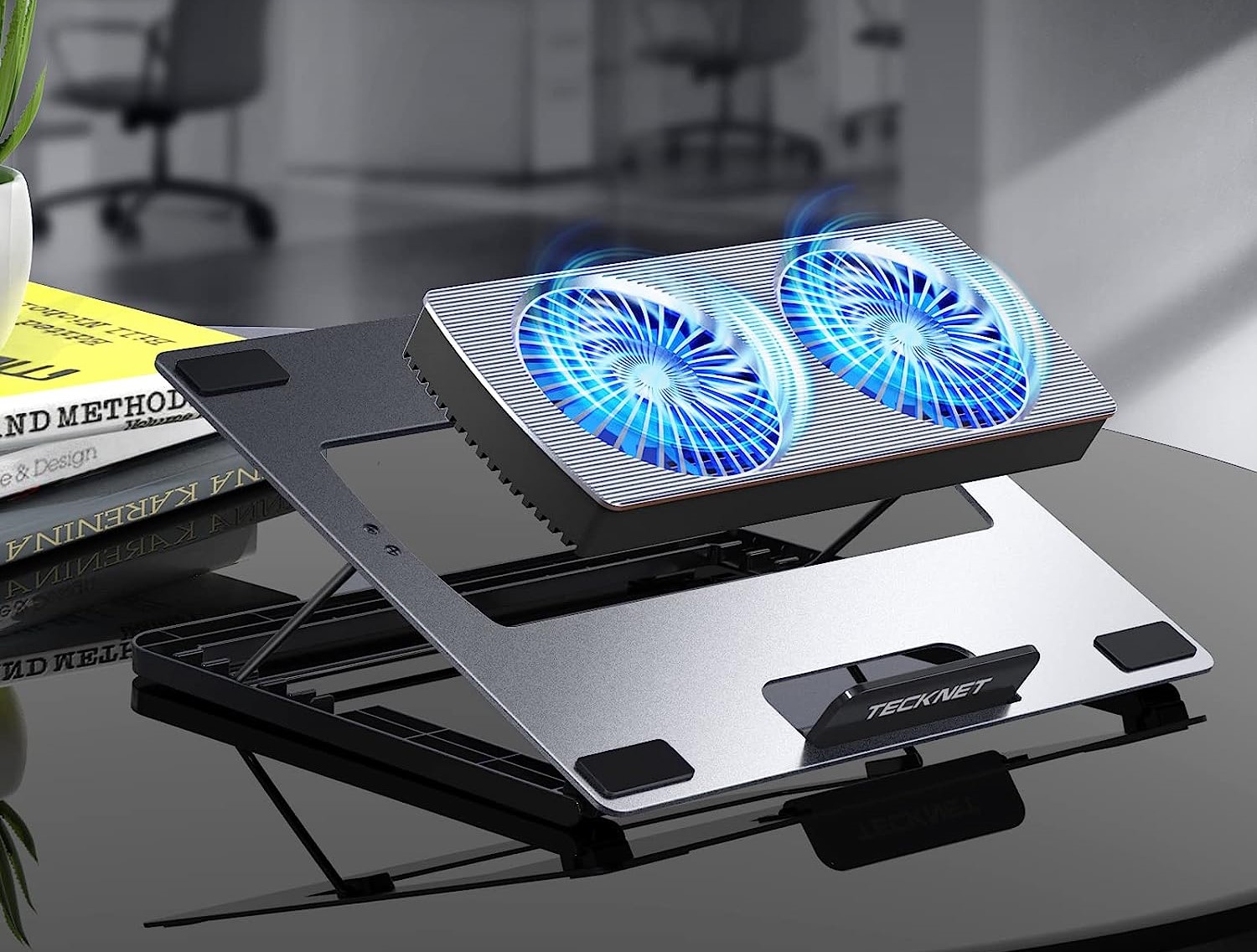
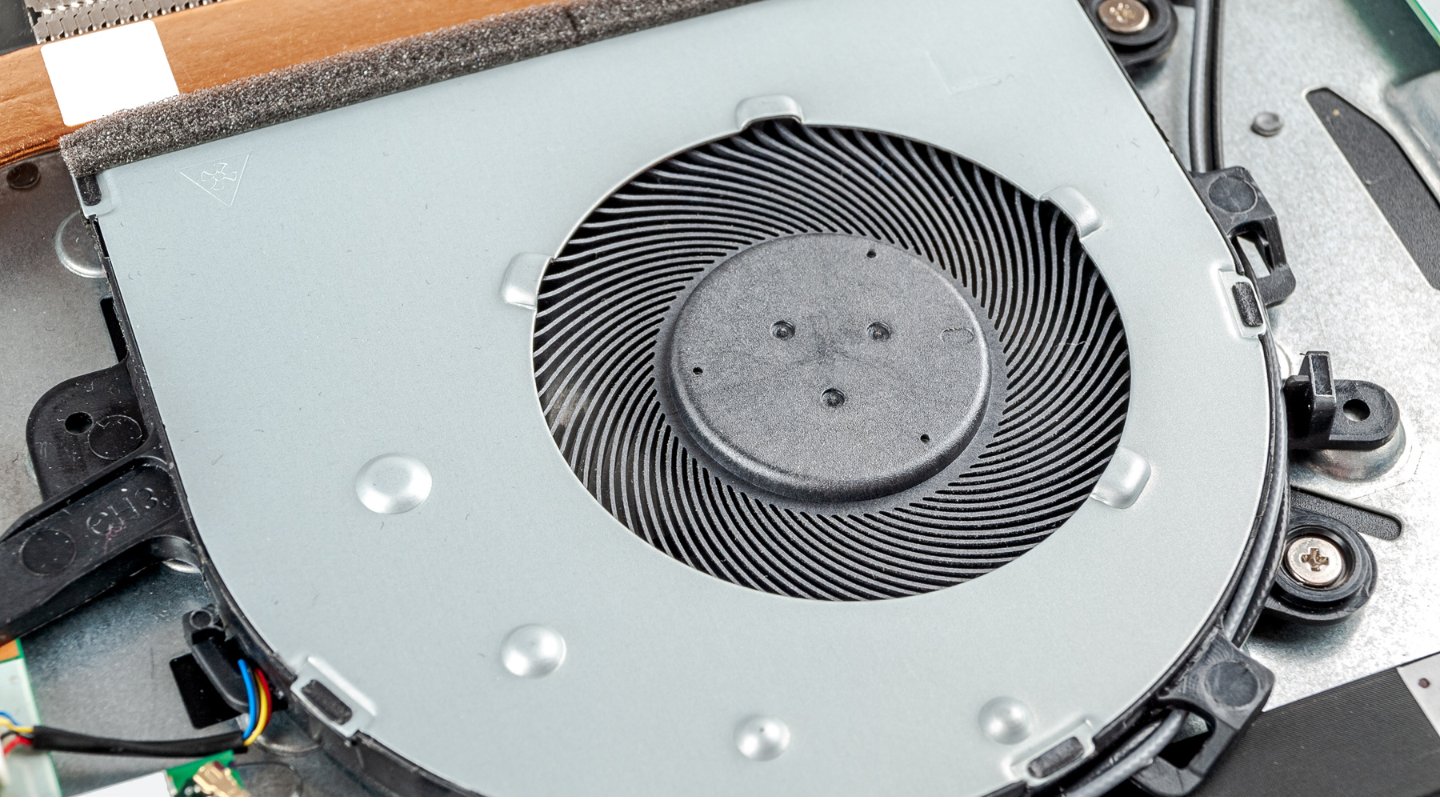
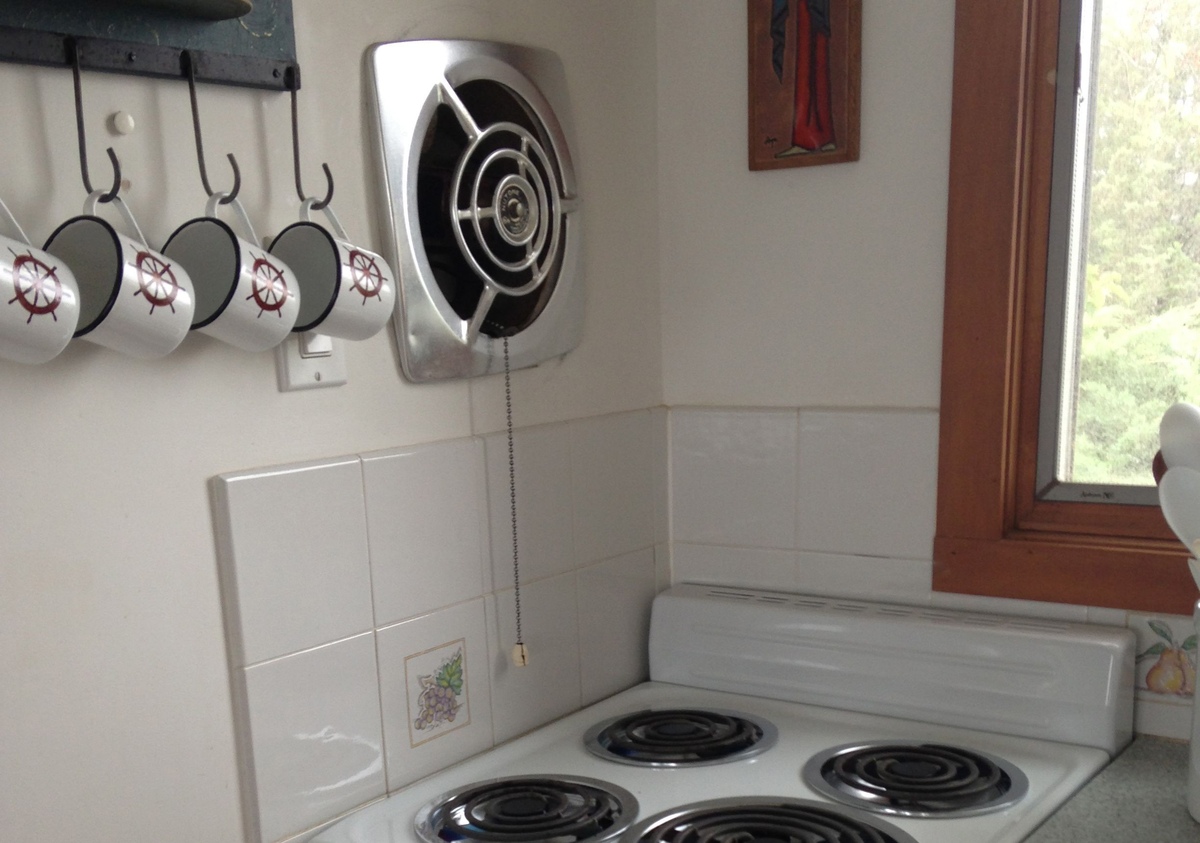
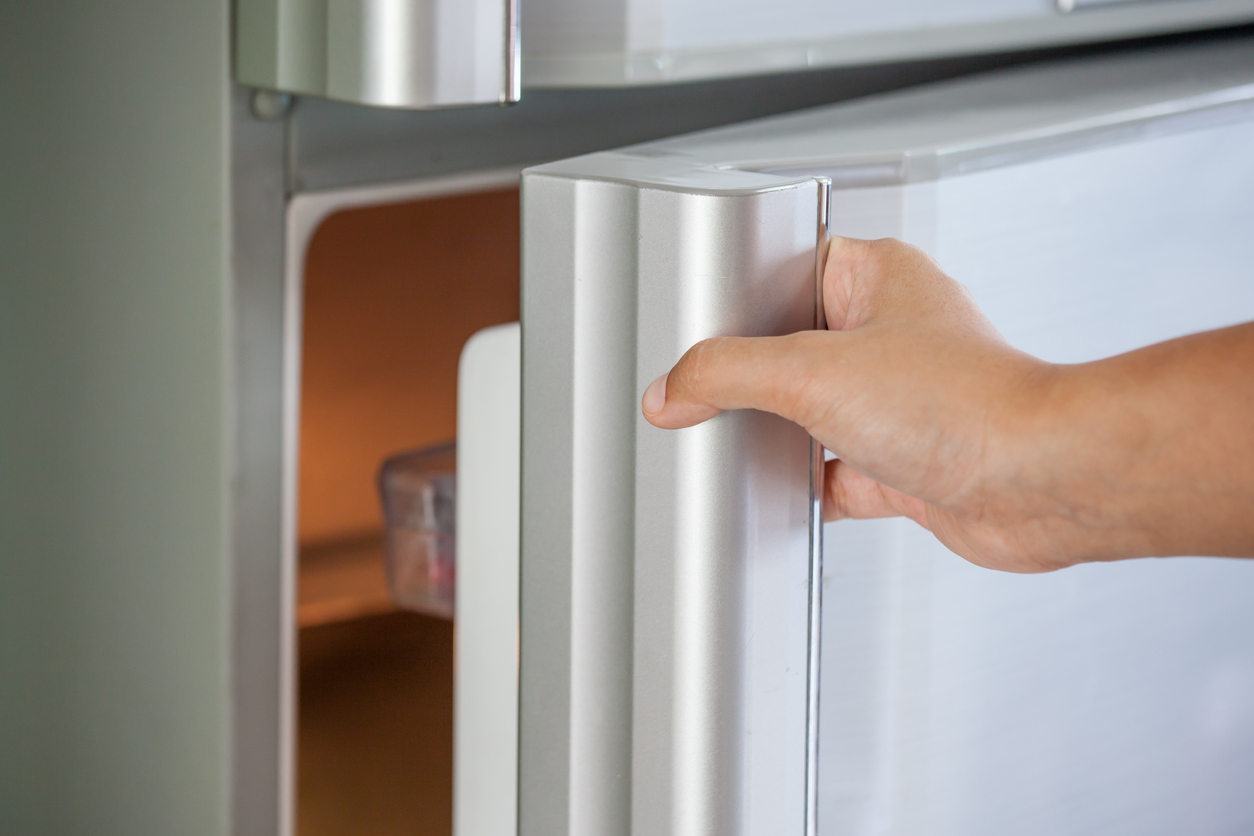
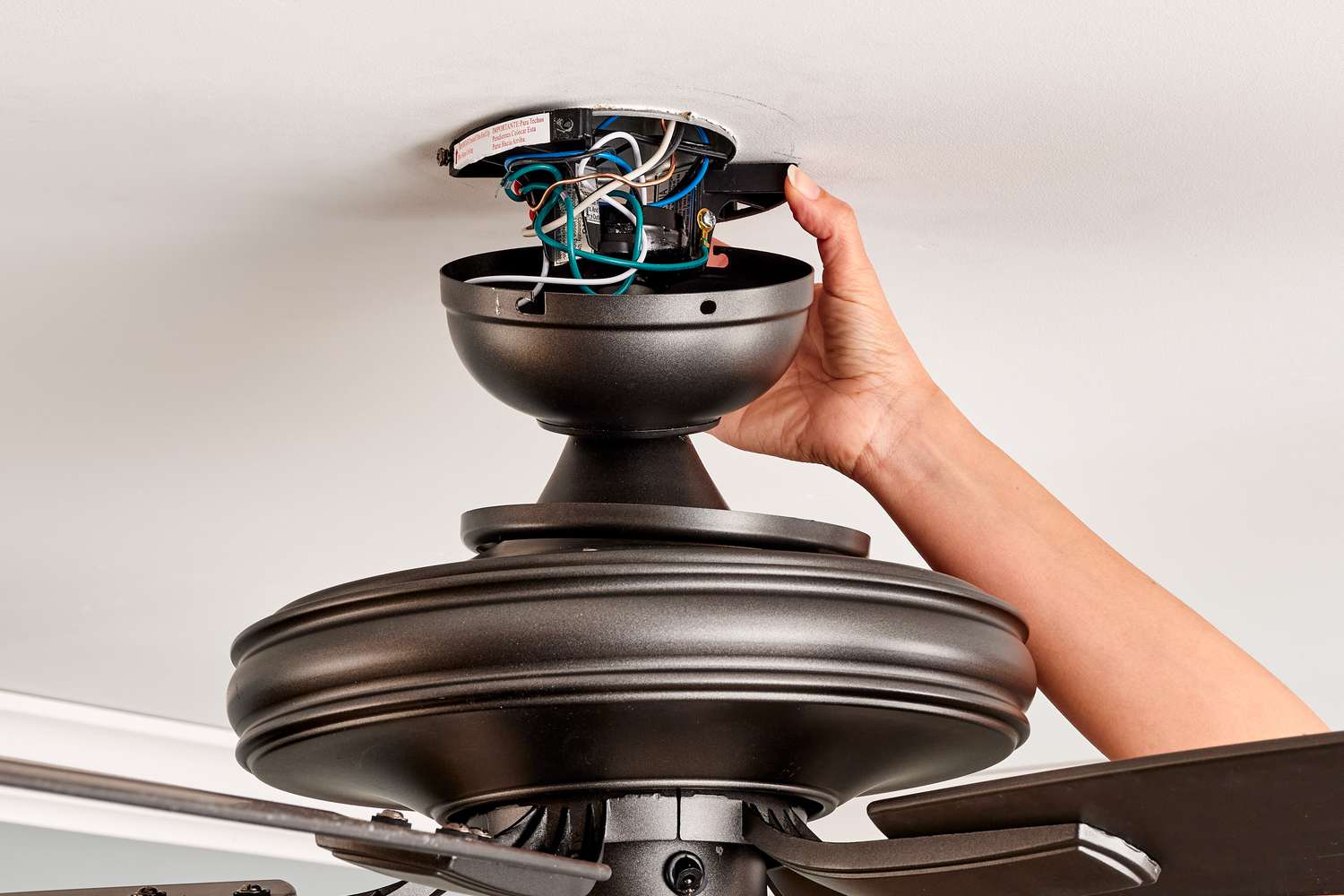
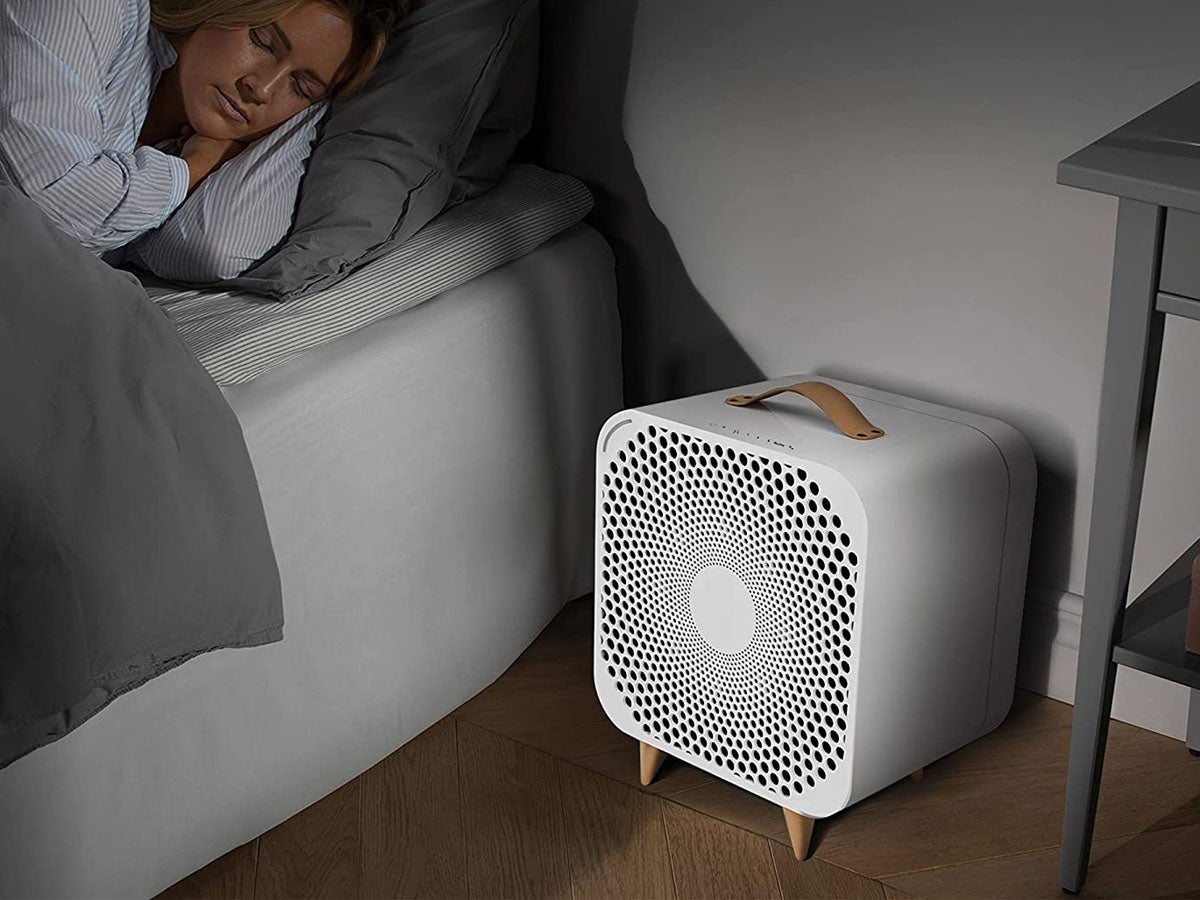
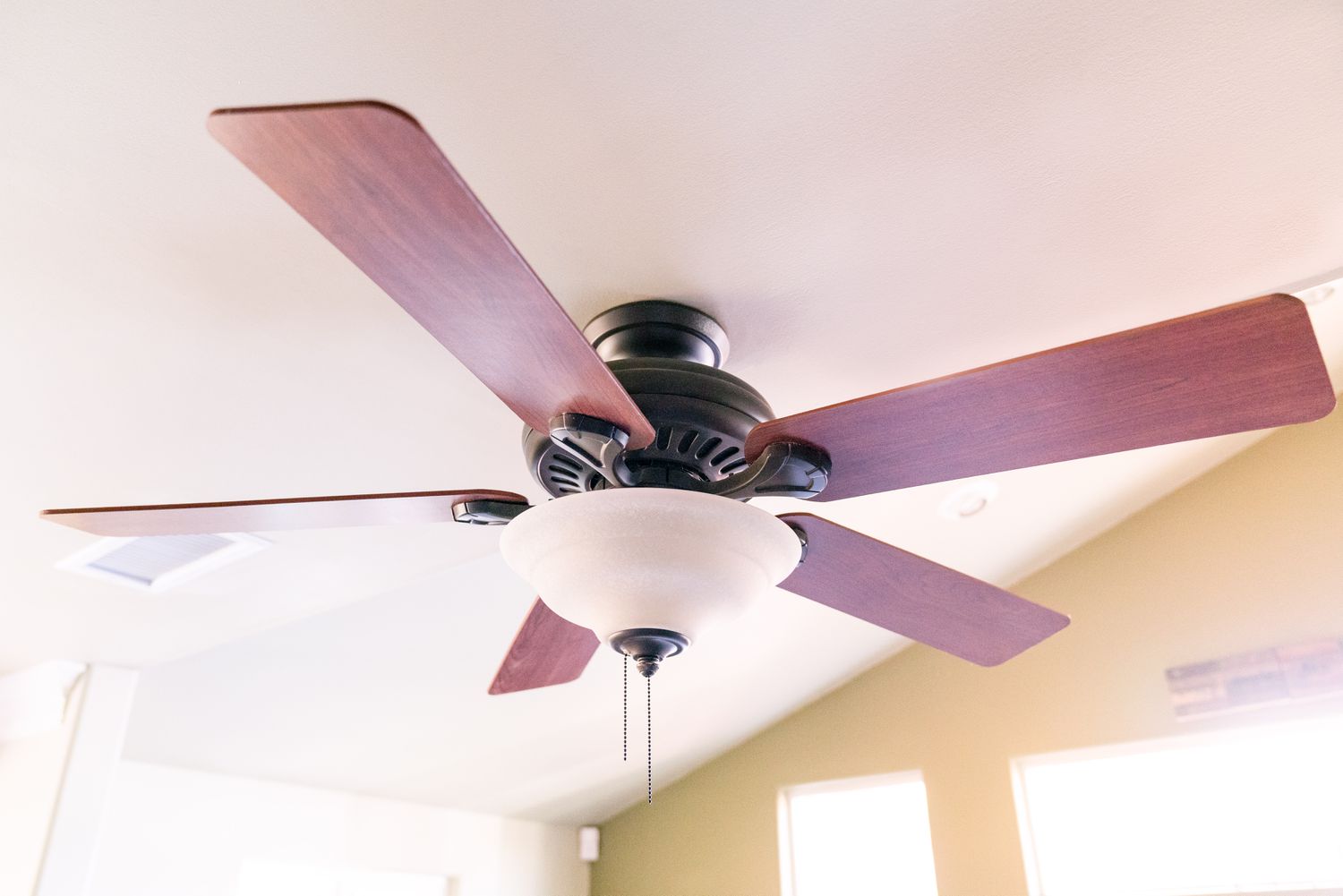
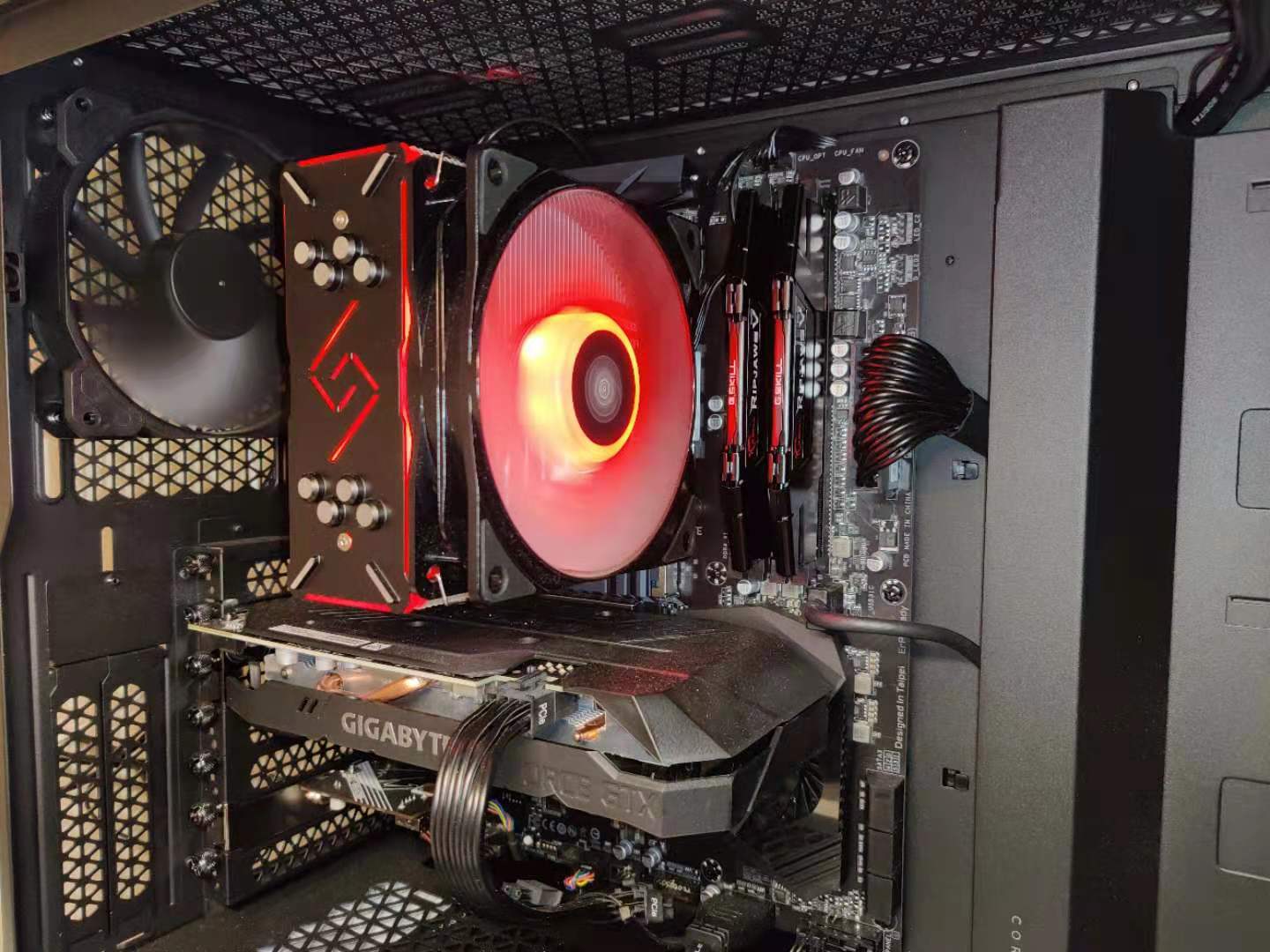
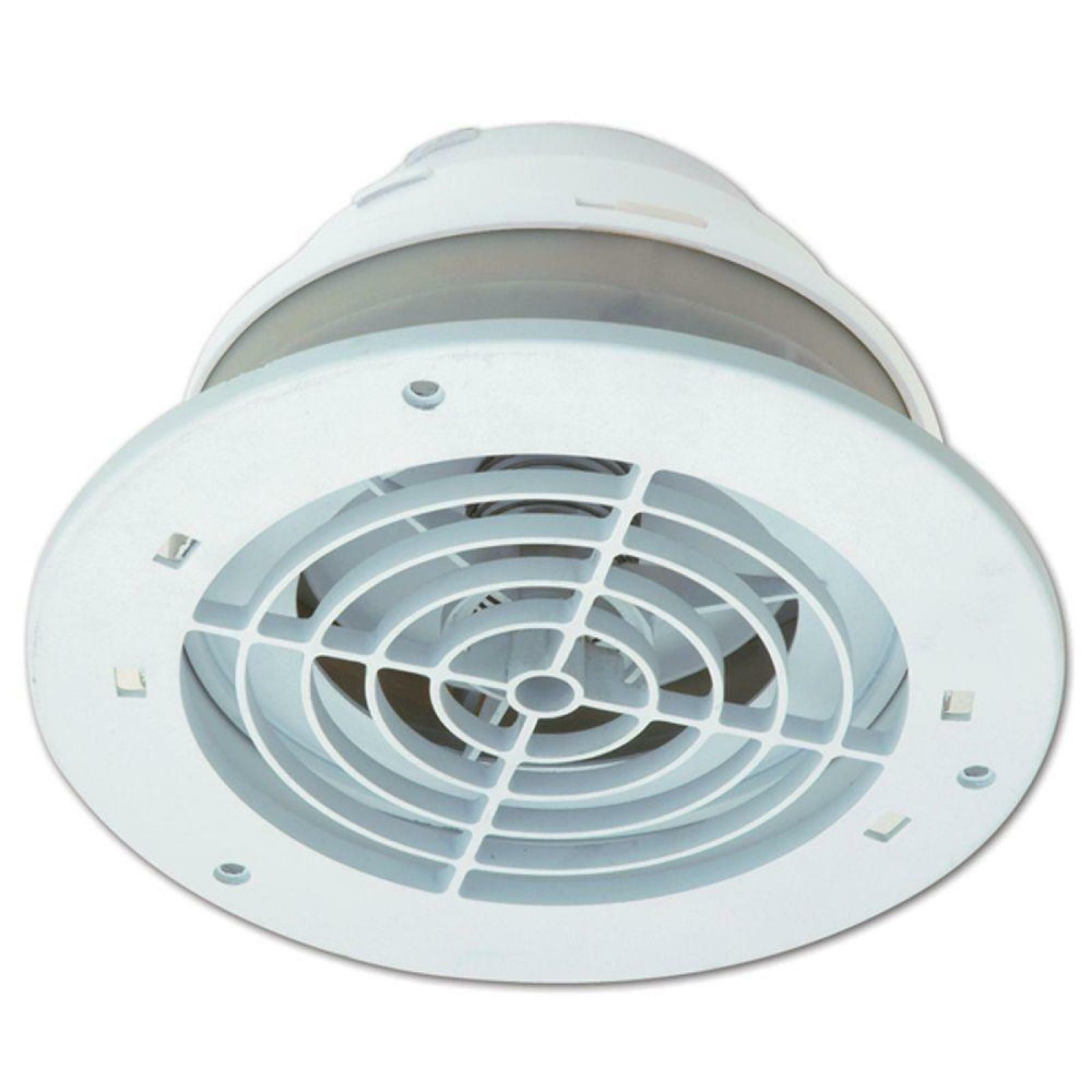
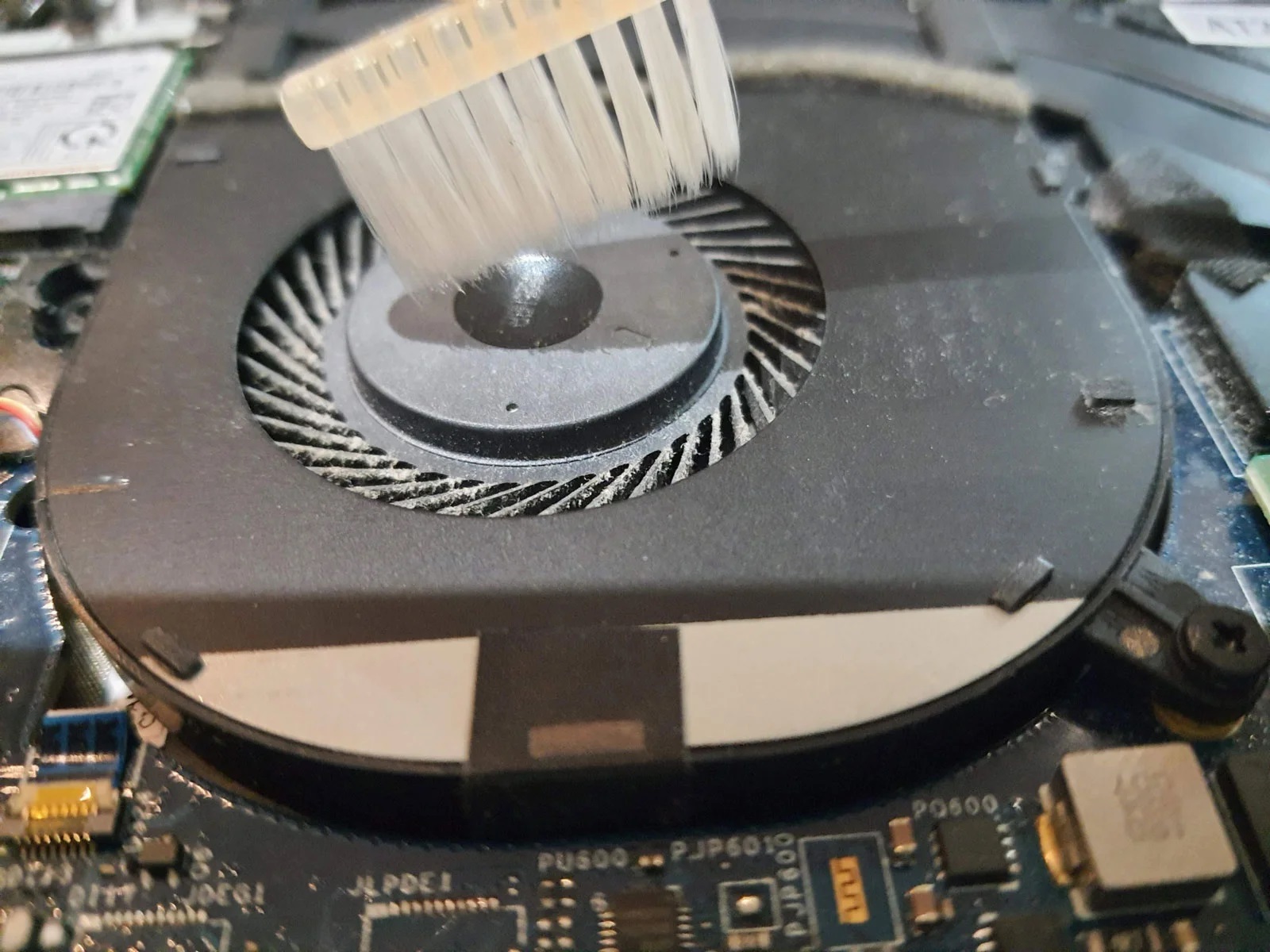
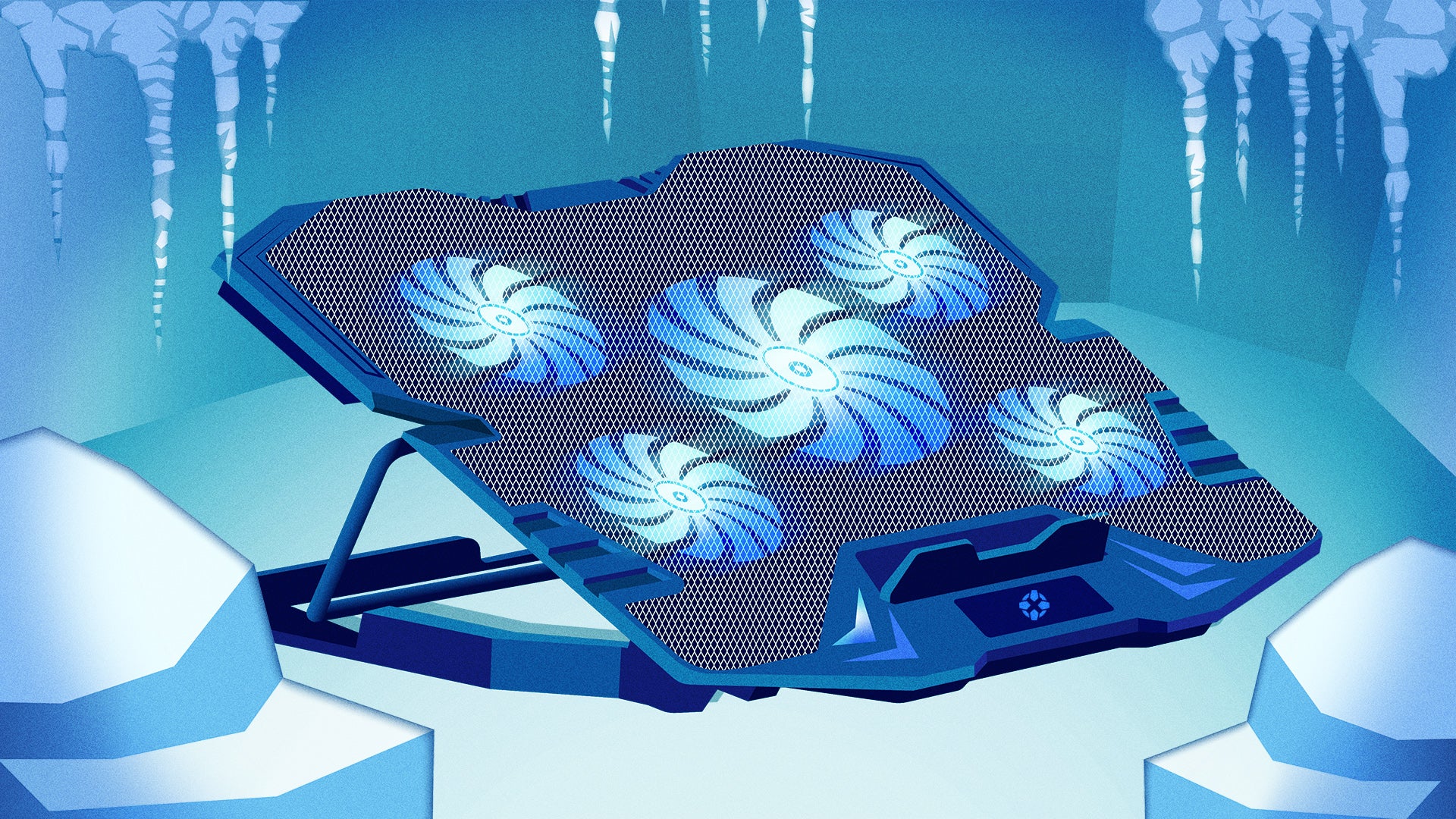

0 thoughts on “How To Stop Laptop Fan Noise”